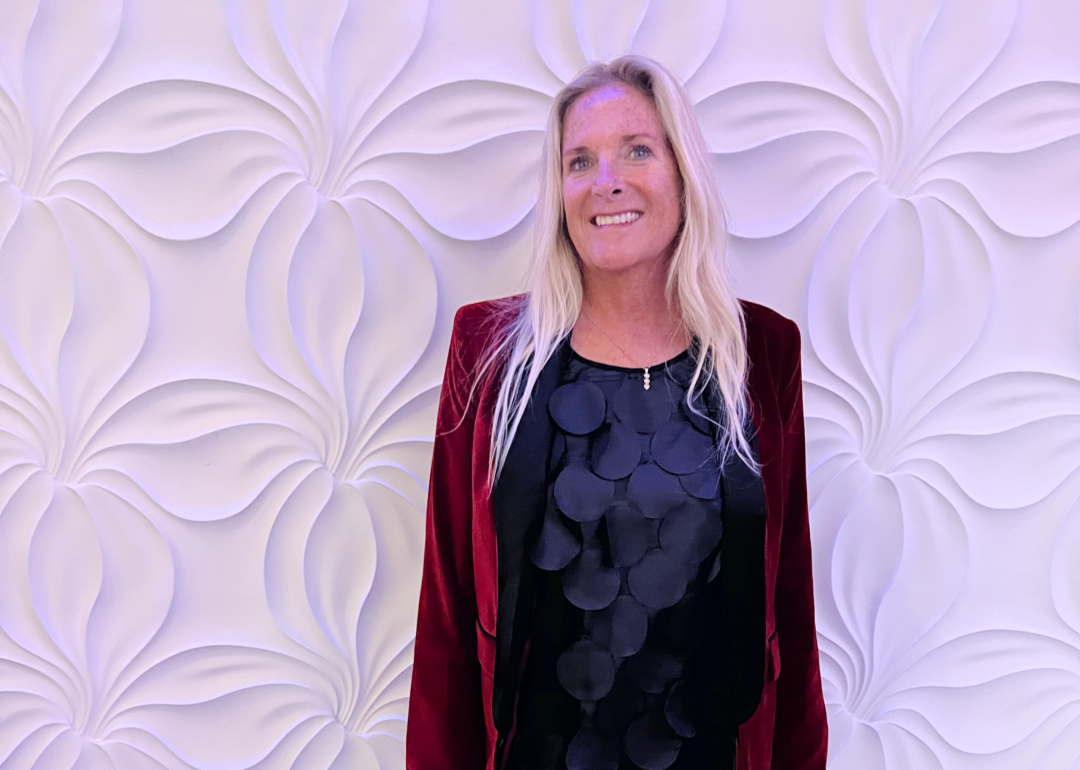
It is often said that all politics is local. That is also true of real estate markets. For perspective on how interest rates, inflation, and supply and demand are affecting the post-Covid Hamptons real estate market, I have interviewed Patti Frank of Guardhill Mortgage for the January article.
JAV: What are you seeing for the Hamptons real estate market as we enter into a new year?
PF: As we round the corner on 2022 and head into the new year, I have noticed that the current change in the Hamptons market is partly due to the economy at large and consumer sentiment.There are signs of weakening as inflation reached a 40 year high, and many economists expect that the country will enter into a recession by mid-2023. Yet running counter to this is a very strong job market. So who knows?
JAV: I hear from real estate brokers throughout the Hamptons that inventory is still very scarce. How do you account for that?
Patti Frank: It’s an oxymoron. Mortgage rates broke 7% recently, the highest since 2022, and twice what borrowers paid at the start of the pandemic. I feel that the days of record-low mortgage rates are over for the next few years, at least, but strangely, jacked-up home prices haven’t fallen in step.
JAV: What do you hear from real estate brokers regarding this point?
PF: I speak to real estate brokers daily about trends in the market, and all agree, especially with economic headwinds, the market is starting to cool. We can expect home prices to drop, but not as much as many homebuyers are hoping for.
JAV: What is their take on inventory?
PF: Inventory for sale has increased slightly, but is still below normal levels because homeowners currently have mortgages with low 3-4% interest rates and few choose to sell today. I think it’s worth noting that renters may finally see a reprieve from surging prices as that market cools.
JAV: What are your thoughts concerning the Federal Reserve’s future actions with respect to interest rates and their impact on the real estate market?
PF: With inflation, higher rates, a potential recession, and geopolitical tensions I don’t expect to see mortgage rates decline for at least another year or two. I read recently that the Mortgage Bankers Association is more optimistic, expecting rates to peak at 8% for 30-year in early 2023 and gradually come down to a range of 6% by the end of 2023.
JAV: What advice do you offer your clients?
PF: Buying a home in any market is a highly personal decision. I generally recommend they not try to time the market to predict what will happen next year, because that may not be the best strategy.
JAV: Have you seen any other loan products that have gained popularity recently?
PF: I have seen an uptick in home equity loan requests in the past three months. Clients want to have a line of credit available for future expenses such as college tuition, home renovations, and other unforeseen needs. For home purchases, many clients have found an Adjustable Rate Mortgage (ARM) works better for numerous reasons: they plan on paying the mortgage off over the next 5-10 years, they are not sure if they will keep the house more than 5-7 years, or they are willing to take the risk of locking in their rate for 5, 7, or 10 years with an outlook that rates will come back down in the future and they can refinance.
JAV: Is there any danger you see that could cause a repeat of the mortgage crisis of 2007/2008, much of which was caused by ARMs?
PF: I don’t see a parallel to 2007/2008., because the majority of the ARM products underwritten at that time were known as “Negative Amortization ARMs, whereby a borrower was given four payment options, one of which was to defer interest to the back end of the mortgage, increasing the principal owed at maturity. It appears that many of the applications for new ARMs are for longer terms, with rates that reset after 7 or 10 years. So I guess borrowers are being more careful this time. And also, unlike the days leading up to the mortgage meltdown, the ARMs offered require more documentation and higher credit scores, among other things.
JAV: Have you encountered situations that required nuance and creativity?
PF: Yes. Over the past year, I have encountered a multitude of real estate borrowers with varying degrees of difficulty obtaining financing. A client may find themself in in a foreclosure situation and need the resources of a private lender. Conventional lenders are no longer interested in funding foreclosure bailouts, especially after the crash of 2008. Or a client may have inherited valuable real estate that they cannot refinance without sufficient income. Another example is a client may want to obtain a Home Equity Line of Credit (HELOC) but their debt to income ratio does not qualify for conventional lenders. And given the current rising rate environment commensurate with rising default rates has made bridge loan products virtually obsolete.
JAV: How do you think the increase in Fannie Mae and Freddi Mac federally backed mortgages of up to $1,089,300 from $970,000 this year will affect the real estate market?
PF: The loan limits have increased annually. This is a bigger increase than most years. Borrowers can keep their loan amounts to $1MM or less to take advantage of better rates but I have found once the loan amount is $1MM or more borrowers tend to lean towards ARM products to keep their rate lower anyway and usually plan on paying the loan down quicker with annual bonus or commissions. It will be interesting to see how this very large increase impacts the purchase market. It might attract more borrowers who are on the sidelines waiting to see if prices will cool even further.






